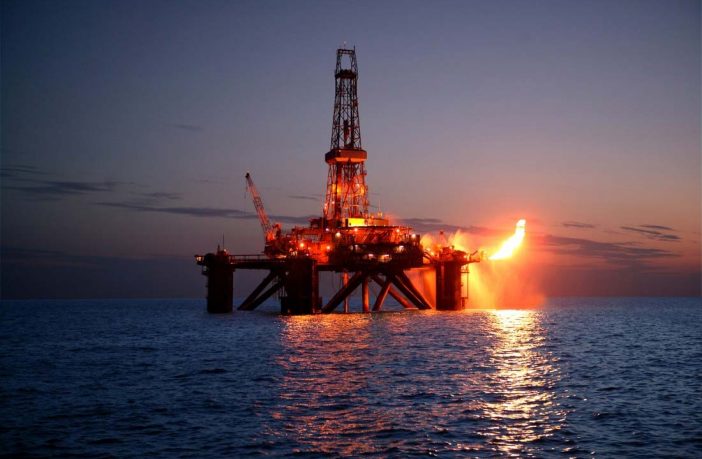- There are two key challenges for the projects to develop successfully. One is the ability of the partners to raise project financing and the second is the funding of state oil company Empresa Nacional de Hidrocarbonetos’s (ENH) obligations, Kapadia said.
- Another issue was the humanitarian tragedy following the recent tropical cyclone Idai, said Rodrigo Olivares-Caminal, a professor in banking and finance law and authority on sovereign debt.
- The threat of violence also raises the risk profile for IOCs operating in the province, and could potentially disrupt project timelines.
Mozambique, on the verge of being transformed with the development of major LNG export projects, needs to improve government finances and the country’s social environment for the projects to generate the expected profit.
With estimated gas reserves of over 5,000 Bcm, Mozambique has attracted three LNG projects with total capacity of more than 30 million mt/year and $50 billion capex development, with commissioning expected between 2022 and 2025.
The value generated for Mozambique and the return for project participants could be huge, Anish Kapadia, founder and managing director of AKap Energy, told S&P Global Platts.
“The yearly value of the projects could reach $12 billion by 2025, close to Mozambique’s current GDP, or more than $300 billion over the life of the project,” Kapadia said, assuming an LNG price of $7.778/MMBtu.
There is the potential to triple the three developments production over time from the initial 30 million mt/year initial, he said.
The first project is the 2.4 million mt/year Coral South FLNG, under construction with commissioning expected by 2022. The two other projects, Rovuma LNG and Mozambique LNG, have not taken a positive final investment decision yet, but Mozambique LNG looks closer having sealed sales and purchase agreements for more than 70% of capacity. The two projects have a similar debt-equity financing structure.
However, there are two key challenges for the projects to develop successfully. One is the ability of the partners to raise project financing and the second is the funding of state oil company Empresa Nacional de Hidrocarbonetos’s (ENH) obligations, Kapadia said.
Mozambique has defaulted on its debt, mainly due a secret $1.1 billion loan scandal which emerged two years ago. “The default questions the ability of the state company ENH, which has 10%-15% in the two projects, to finance them,” Kapadia said.
“The equity side is carried by partners. But if the government is in default, the government guarantee side has less value,” he said.
Total financing commitment from ENH is $7.5 billion to fund the equity and debt. Already more than $1 billion has been spent by partners on behalf of ENH.
The situation affects the lenders’ ability to raise the $30 billion project financing as costs have increased since the default. Assuming 1% of higher borrowing cost, life of field revenues to the government could be reduced by $2 billion, Kapadia said
Several arrests in recent weeks connected to the scandal suggested the government was taking action to clear the default.
Another issue was the humanitarian tragedy following the recent tropical cyclone Idai, said Rodrigo Olivares-Caminal, a professor in banking and finance law and authority on sovereign debt.
Insurgencies
Meanwhile, ongoing violence can only serve to undermine the LNG projects. Last week, a Mozambican court sentenced 40 people for involvement in violence on foreign oil contractors working at the development site of Mozambique LNG export terminal.
Around 120 people are estimated to have died in insurgent attacks in the same Cabo Delgado province in recent months. The threat of violence raises the risk profile for IOCs operating in the province, and could potentially disrupt project timelines.
“The government has sought to stymie information coming out of the province by restricting access for journalists, creating confusion as to the extent of the insurgency,” Nick Branson, Senior Africa Analyst at Verisk Maplecroft, said.
“With the Mozambican authorities unable to offer the necessary expertise or resources, IOCs are increasingly resorting to private security companies for protection, raising human rights risks.”
In February, sub-contractors for Anadarko were caught in an attack in which one worker was beheaded. While workers were not specifically targeted for their links to the gas project, it underscored the fact that workers are at risk and extra security measures are required.
Branson said beheadings that have taken place in Cabo Delgado suggested a degree of Jihadi inspiration.
IOCs will need to keep close tabs on the violence in order to ensure project timelines are not disrupted and that personnel and facilities remain safe.
Author: Lucie Roux
Source: S&P Global Platts















